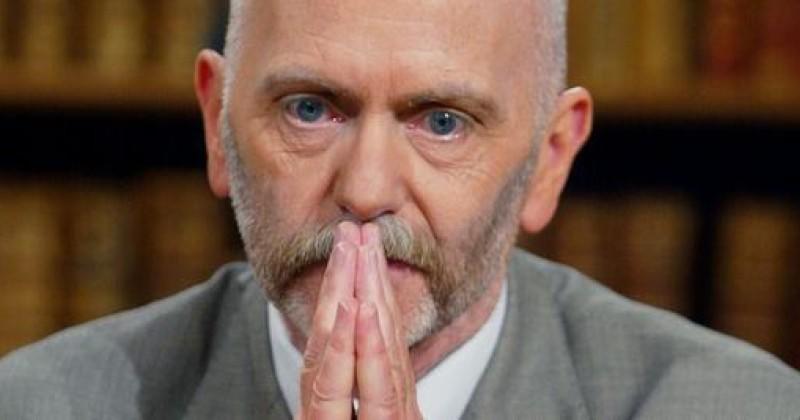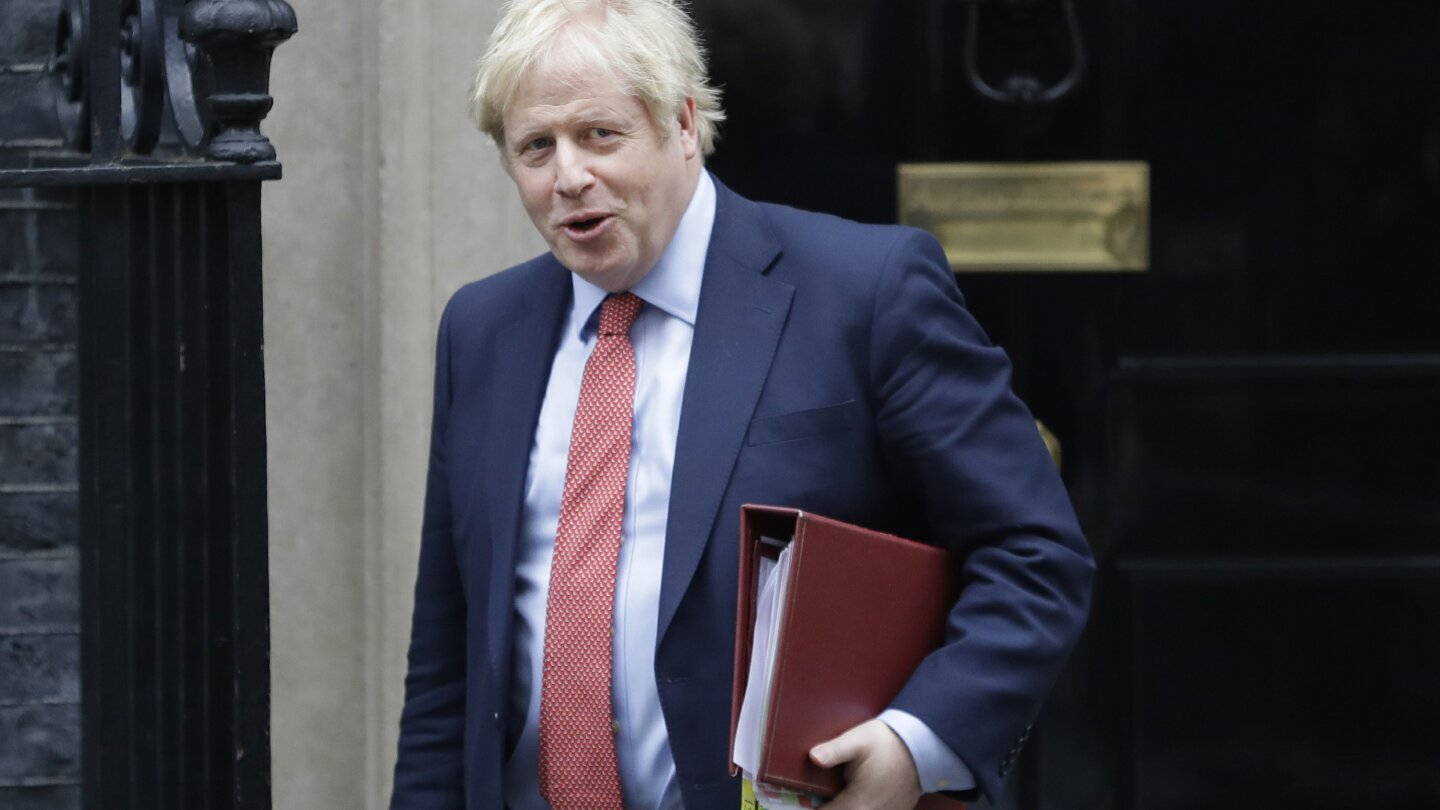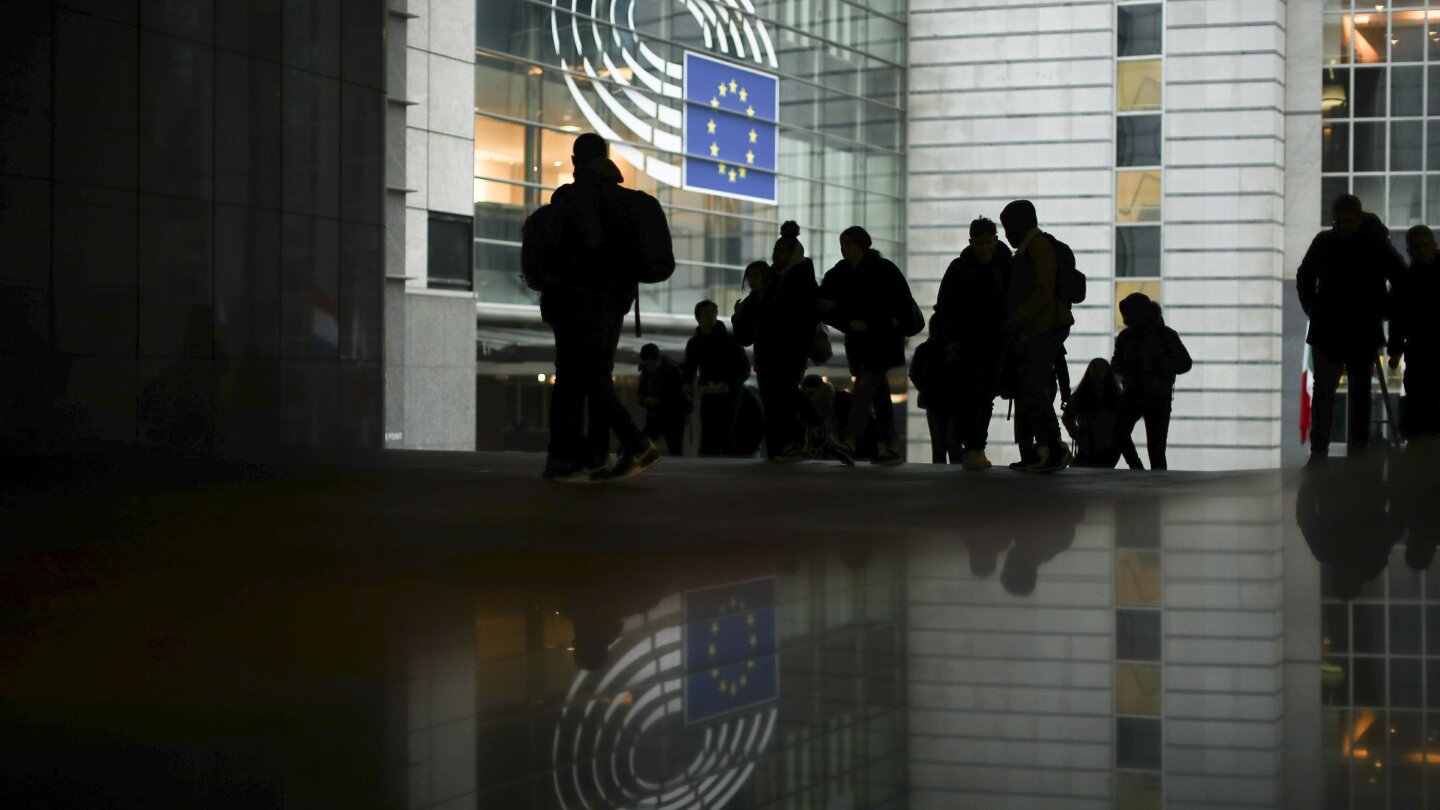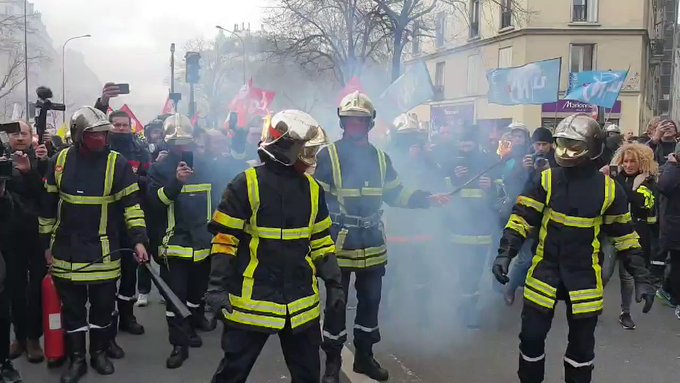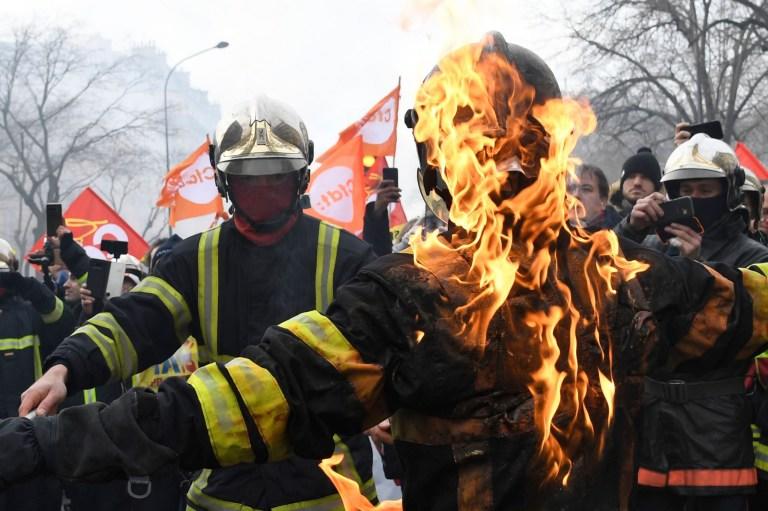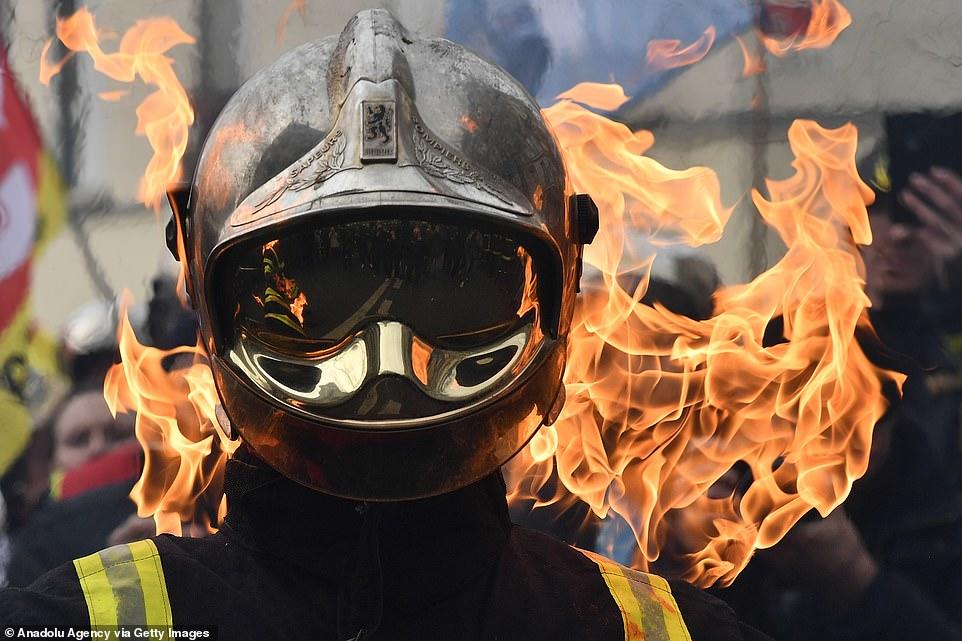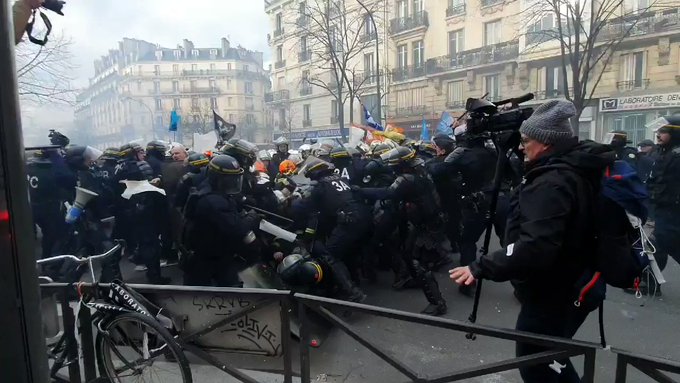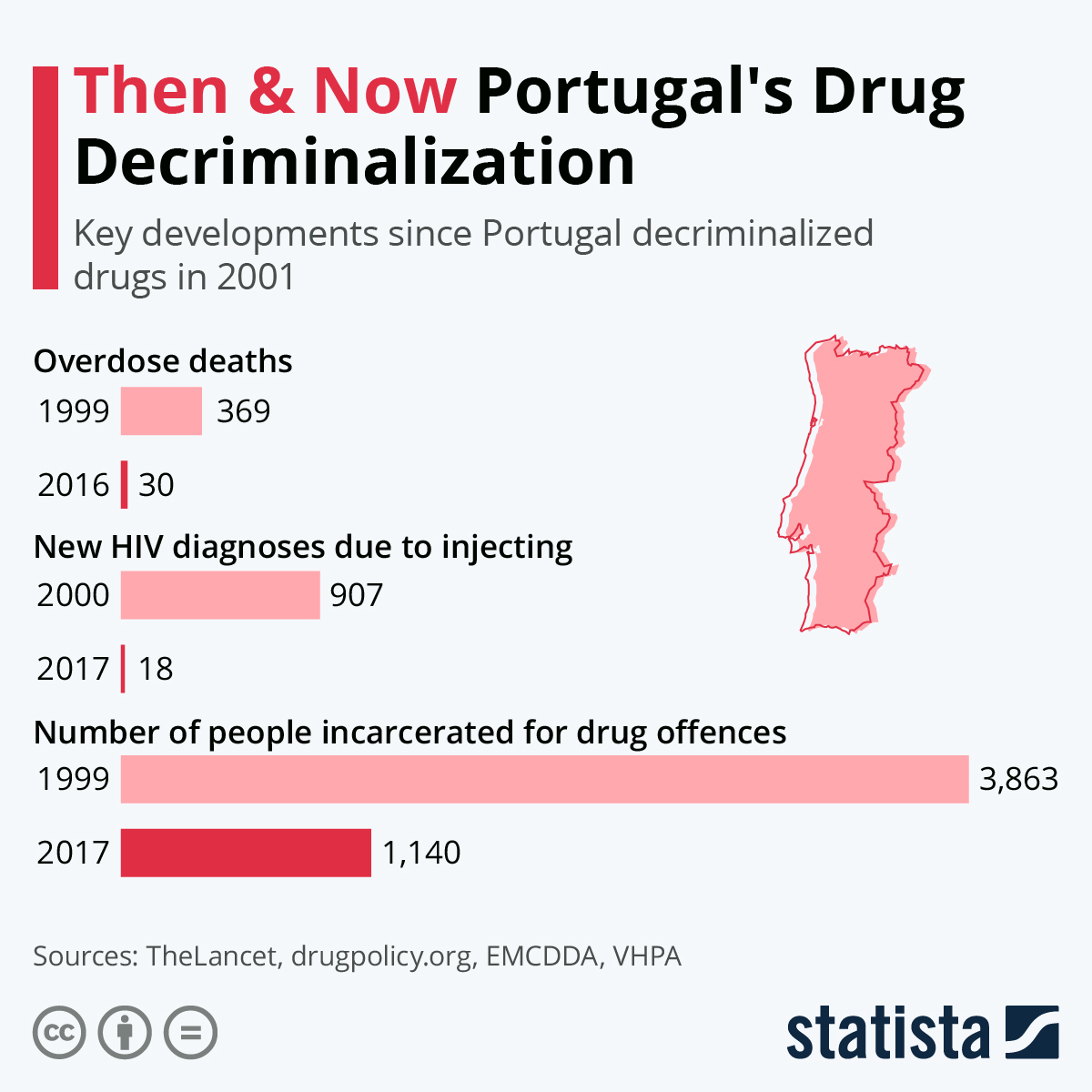LISBON, Portugal (AP) — European countries stepped up efforts Thursday to contain the virus sweeping through central China, sending a chartered airliner there to evacuate hundreds of European citizens, scrapping more commercial flights to Chinese destinations and keeping some 7,000 people on a cruis

apnews.com
Europe evacuates citizens from China, Russia shuts border
By BARRY HATTON33 minutes ago
LISBON, Portugal (AP) — European countries stepped up efforts Thursday to contain the virus sweeping through central China, sending a chartered airliner there to evacuate hundreds of European citizens, scrapping more commercial flights to Chinese destinations and keeping some 7,000 people on a cruise ship while one possibly infected passenger got tested.
Signaling intensifying international concern, the World Health Organization in Geneva declared the viral outbreak that has sickened more than 7,800 people and caused 170 deaths in China as a global emergency, while Russia closed its long border with the Asian giant.
Russian Prime Minister Mikhail Mishustin issued a decree ordering the temporary closure of the border, which extends for 4,200 kilometers (2,600 miles). In addition, all train traffic between Russia and China was halted except for one train connecting Moscow and Beijing.
A passenger airliner enlisted for the evacuation took off Thursday morning from a former Portuguese military airport southeast of Lisbon carrying only the pilots and crew.
Capt. Antonios Efthymiou said the flight would stop in Paris to pick up a team of doctors and extra crew members before heading to Hanoi and then China. Efthymiou told Portuguese media it would bring back about 350 Europeans. He said the crew would take special medical precautions but did not elaborate.
Britain said its delayed repatriation flight for 200 U.K. citizens in Wuhan would leave ther Friday, with the returning Britons quarantined for 14 days upon arrival. The U.K.-government chartered plane had been due to return earlier but it was delayed because permissions form the Chinese government had not come through.
China so far has reported nearly 200 deaths and about 8,000 confirmed cases of the virus on its mainland. Outside China, there are more than 80 infected people in 19 countries. Those include 13 confirmed cases in Europe so far: five in France, five in Germany, two in Italy and one in Finland.
A scare over a 54-year-old woman with flu-like symptoms led Italian authorities to keep 6,000 passengers and 1,000 crew members on the cruise ship docked north of Rome. The Costa Crociere cruise line said the woman and her partner, who had no symptoms, were put into isolation Wednesday.
The passengers were allowed to disembark on Thursday after tests for the new virus from China came back negative, Italian coast guard Capt. Stefano Varone said. The ship was sailing from Mallorca, Spain, to Civitavecchia on a weeklong Mediterranean cruise.
While those tests came back negative, two Chinese tourists visiting Rome tested positive for the virus, Premier Giuseppe Conte said Thursday, adding that Italy had barred flights coming from and going to China.
Germany confirmed a fifth case there, all involving employees at Munich-based auto parts maker Webasto, which has facilities in Wuhan. Officials think the virus was transmitted by a Chinese employee who visited Germany for training earlier this month and tested positive on her return to China.
The Czech Republic announced it was stopping issuing visas to Chinese citizens due to the outbreak. More than 600,000 Chinese tourists are estimated to have visited the Czech Republic last year, especially its old-world capital city of Prague.
On the retail front, Swedish furniture and home goods retailer IKEA announced all its stores in mainland China would remain closed to protect customers and staff from the outbreak. The stores are a favorite haunt of Chinese city dwellers, both for shopping and for just hanging out.
More European airlines announced halts in service to China, all citing efforts “to protect the health and security of customers and staff.”
Air France suspended all its regular passenger flights to and from China until Feb. 9. The French carrier had already suspended flights to Wuhan, the epicenter of the viral outbreak, and reduced traffic to Beijing and Shanghai. Air France said it will run special flights starting Thursday to bring back some customers and employees from Beijing and Shanghai.
Scandinavian Airlines announced it was halting all its flights to Beijing and Shanghai beginning Friday and running through Feb. 9th. SAS has 12 regular weekly flights from Scandinavia to China.
Spain’s Iberia national airline halted the three return flights a week it runs between Madrid and Shanghai due to the virus, a move it said would continue through February.
Finnish national airline Finnair said it has stopped accepting new bookings on its flights to mainland China.
Those announcements followed earlier moves to halt or reduce flights to China by other European airlines, including British Airways, Lufthansa, Austrian Airlines, Swiss and KLM, which after the weekend is adding Beijing and Shanghai to its list of suspended Chinese destinations.
The virus comes from the coronavirus family, which includes the common cold but also more severe illnesses, such as SARS and MERS.
European passengers escaping Wuhan by air are expected to reach France on Friday. Then they will be quarantined for 14 days, but as compensation they will be put up at a southern vacation resort with a view of the Mediterranean Sea.
In contrast, American evacuees from China are being kept at a military facility.
The French resort is in the small town of Carry-le-Rouet. Its mayor protested the move, fearing it could keep people away from a local sea urchin culinary festival this weekend, town hall communications director Peggy Molina said. But the French government simply requisitioned the resort, she said.
Underlining EU nations’ hasty preparations to respond to the virus, Molina said the town hall was told only Thursday that it would be hosting evacuees starting Friday.
—-
Associated Press writers Nicole Winfield in Rome, Ciaran Giles in Madrid, Karel Janicek in Prague, Gianfranco Stara in Civitavecchia, Angela Charlton and Elaine Ganley in Paris and Daria Litvinova in Moscow contributed to this report.


:quality(70)/cloudfront-eu-central-1.images.arcpublishing.com/irishtimes/S3CH7RLLZA46Z624ZKOXBCK4SM.jpg)
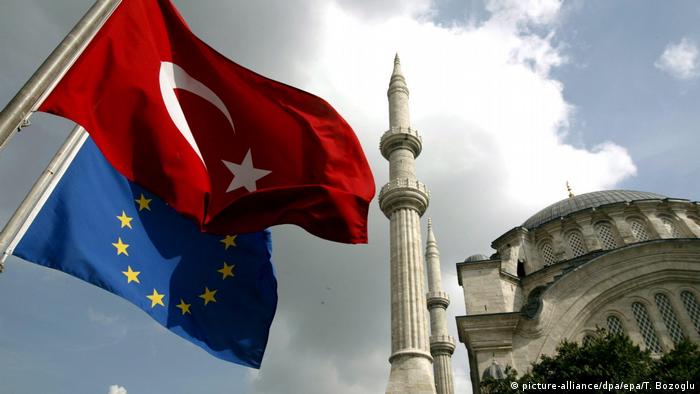
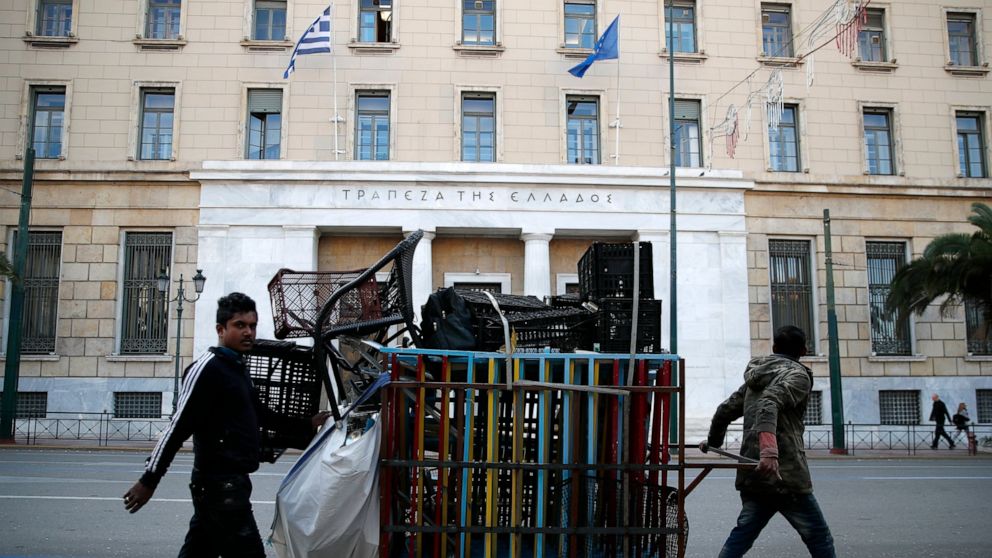




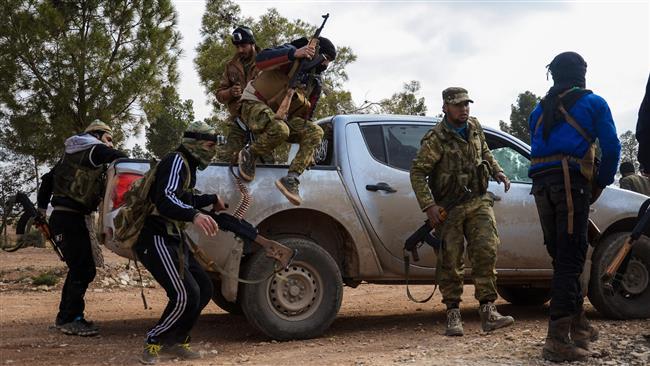 Image via AMN
Image via AMN

